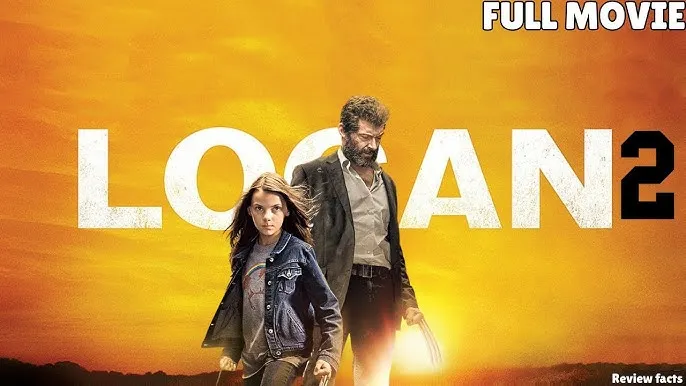Some men love war not for victory—but for the silence between the explosions
Kathryn Bigelow’s The Hurt Locker isn’t just a war film—it’s a nerve-racking plunge into the mind of a soldier where adrenaline and trauma dance on the edge of death. Set during the Iraq War, the film follows an elite U.S. Army Explosive Ordnance Disposal (EOD) team as they dismantle deadly bombs in the chaos of Baghdad. But beyond the tension and dust, it’s a haunting character study of men who flirt with danger not because they have to—but because they need to.
Staff Sergeant William James, played with magnetic unpredictability by Jeremy Renner, steps in to replace a fallen team leader. From the start, it’s clear James doesn’t play by the book—he disarms bombs like a man possessed, operating on instinct, obsession, and something far deeper than bravado. His teammates, Sanborn (Anthony Mackie) and Eldridge (Brian Geraghty), are caught between awe and terror at James’s methods, watching him turn each mission into a personal high-stakes gamble.
![The Hurt Locker - Official® Trailer [HD]](https://i.ytimg.com/vi/lNIeToMeWxc/maxresdefault.jpg)
Bigelow crafts each bomb-defusing sequence like a horror scene—long silences, ticking timers, civilians watching from rooftops. The enemy isn’t always visible; the fear isn’t always loud. The film’s brilliance lies in how it builds unbearable tension from the smallest gestures: a wire tugged, a glance exchanged, a hand hovering over a trigger. It’s not about explosions—it’s about the moments before they happen.
Yet The Hurt Locker isn’t purely about action. It’s about addiction—the kind that war breeds. James thrives in danger, but struggles with peace. A scene of him back home, overwhelmed by the cereal aisle in a supermarket, says more than any firefight. War has rewired his brain; home feels foreign. The film quietly asks: when survival becomes your drug, can you ever come down?

Winner of six Academy Awards including Best Picture and Best Director, The Hurt Locker remains one of the most emotionally piercing war films of the 21st century. It’s not political, not preachy—it’s personal. And in that raw honesty, it delivers its most powerful impact.



-1751428503-q80.webp)